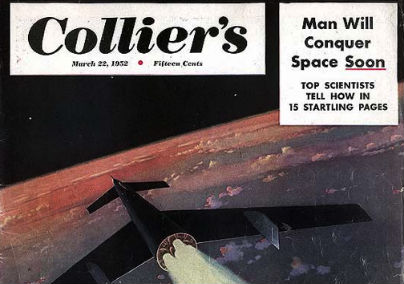

Alongside Night by J. Neil Schulman, so far as I am aware, is still the agorist novel par excellence. More than three decades have passed since its publication — not that you would know it without looking at the copyright date — yet in that time no other novel has so successfully mixed the principles of agorism with such a keen perspective on the future. There are not many novels that can top it for entertainment value either.
The story takes place in what was then the future, but which now seems a very prescient present. Not only is the story filled with theretofore unrealized gadgets and technology that differ from what we actually possess sometimes by no more than an appellation, or occasionally a small feature or manner of use, but the economic conditions described in the tale read like a seer’s forecast.
Schulman’s knowledge of economics allowed him to make a forecast every bit as accurate as the one for which Ayn Rand, in her novel Atlas Shrugged, has been lauded of late. In fact, this very knowledge of economics is probably what helped the author predict all those gadgets, for it is well established that science-fiction authors, a group not known for their economic acumen, tend to think on a grand scale when most of the advances, in a consumer-driven society, are modest devices of everyday convenience and entertainment.
It is a dystopian world we are plunged into in Alongside Night, where central control of the economy and erosion of civil liberties proceed, as they must, hand in hand. When the government abducts the protagonist’s father, a noted free-market libertarian economist somewhere between Milton Friedman and Ludwig von Mises in his radicalness, the high school student Elliot Vreeland embarks on a quest to free him. This quest takes him into the world of the agorists, free-market rebels and masters of counter-economics.
[continue reading…]
Help Promote Prometheus Unbound by Sharing this Post


There’s an article by science fiction author Gregory Benford in the February issue of Reason Magazine (also available online at Reason.com). I hadn’t realized it, but Benford has written three other articles for Reason (see below for a list of the others).
In the article, Benford briefly discusses the role of Nazi SS officer and rocket scientist Wernher von Braun 1 in the American government’s space program, from his popular promotion of his vision of man conquering space (interesting choice of war metaphor) to his running the Apollo program.
Benford discusses Von Braun’s vision for how man will conquer space, a vision that strikes me as impractical and expensive and that still lingers in NASA today. He also highlights the decline of NASA and its “ruinously expensive” nature of the American government’s space shuttle program, which suffered catastrophic failures and kept going long past its planned obsolescence.
Though Benford says that Von Braun’s vision lives on, I’m not so sure of that. If he means Von Braun’s general vision of man “conquering” space, then yes, that vision is not dead. If he means Von Braun’s more specific vision of how this is to be accomplished, then no, I do not think that vision will live on.
[continue reading…]
Help Promote Prometheus Unbound by Sharing this Post

When you make predictions about the future, there is a good chance that you’ll be wrong. People have a tendency to grow attached to certain visions of the future and become so jaded by its failure to materialize that they are blind to the technological wonders that actually are materializing around them. Some even take this attitude to an extreme that resembles making the perfect the enemy of the good.” They become so obsessed with their ideal vision of the future that they lose all other perspective; they look back and can evaluate what they already have only in light of this perfect vision, compared to which everything else is shit: worthless and unenjoyable. They can’t be happy with what they have now.
A recent xkcd comic illustrates these points well:

The flying car and the personal jetpack were popular dreamed-of products in the last century. I remember That 70’s Show episodes in which the father, Red Foreman, complained about lacking the flying cars that his generation had been promised and daydreamed about having a robot servant and a personal jetpack. There’s even a band called We Were Promised Jetpacks. Gizmodo has a list of 10 technologies we were promised and never got. As if to underscore my point and the xkcd comic, the title of the post is 100 Years of Failure.
[continue reading…]
Help Promote Prometheus Unbound by Sharing this Post














